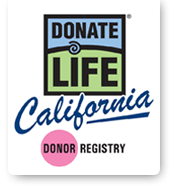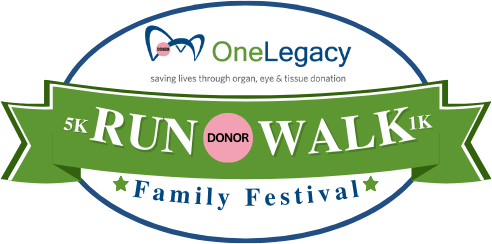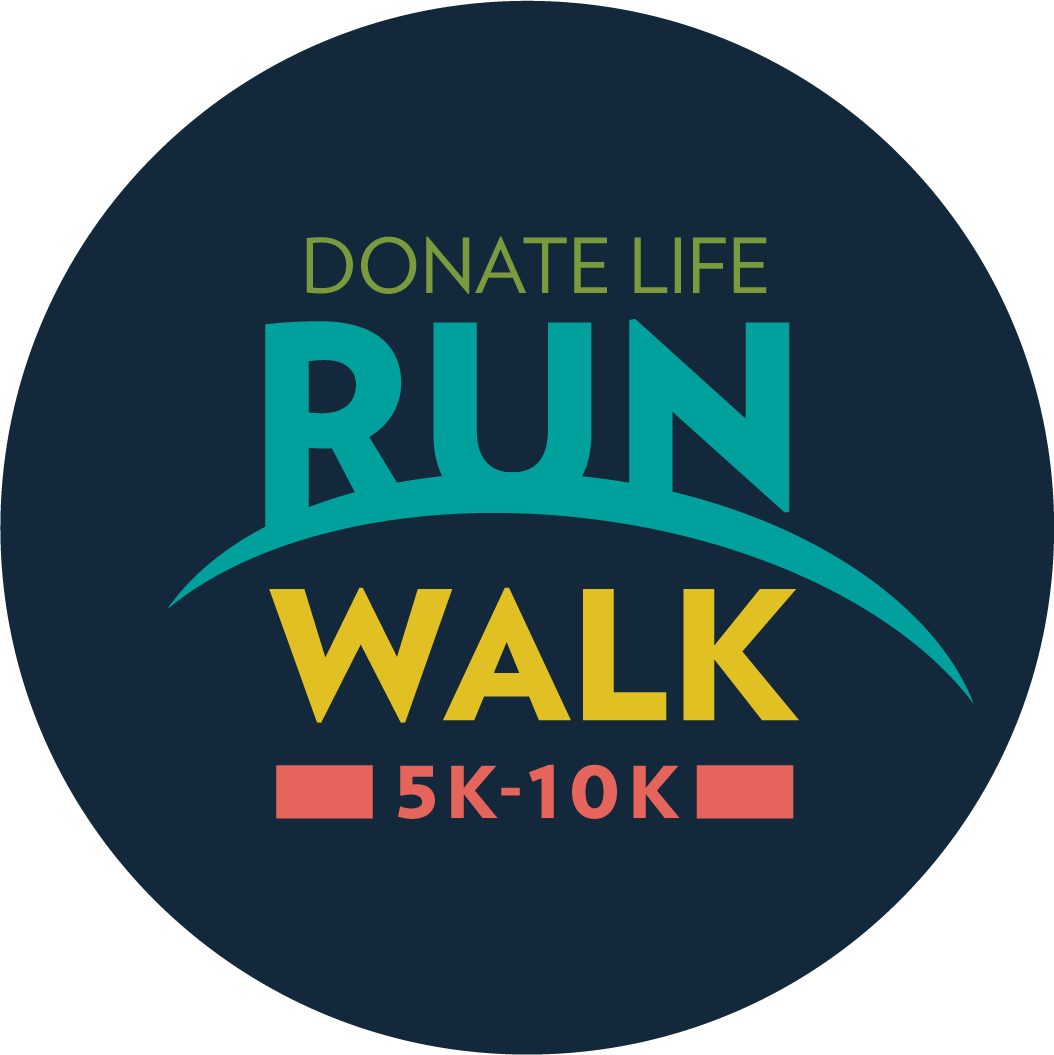
Then known only as “Baby Eve,” 26-year-old Leilah Dowsari made international headlines in 1986 when she became the first newborn ever listed on the national waiting list. When Leilah received a heart from 10-day-old “Baby Eric” of Atlanta, Georgia on her 17th day of life, she was the first female newborn to do so.
Back then it was experimental,” said Leilah. “They thought my first transplant would last five years at the most, but it took me all the way to my teenage years.” By age fourteen, she had developed coronary artery disease, which is not uncommon among heart recipients. “The second transplant was scary for me because I experienced health problems,” recalled Leilah. Within three years, a return of coronary artery disease would necessitate a third transplant. It has been more than nine years since she received the heart that beats in her today.
The heart, and the two before it, made it possible for her to do something that physicians had said would be impossible: have a baby of her own. “At one point I underwent radiation, and they said it would no longer be possible for me to get pregnant,” said Leilah. “I was happy to find out they were mistaken, and I couldn’t be happier.” Her baby, Gabriel, arrived in August 2011.
Of her remarkable journey from newborn to her mid-20s and counting, Leilah said, “It’s all I’ve ever known; it’s a part of me.” She never thought much about the possibility that her first operation might never have worked at all. “I’ve always been optimistic,” she affirmed.
High concentration of Azithromycin in infected tissues is also caused by the fact that phagocytes and macrophages transport it to the site of infection and release in the area of inflammation. Azithromycin is prescribed in case of illness or injury at the time.







